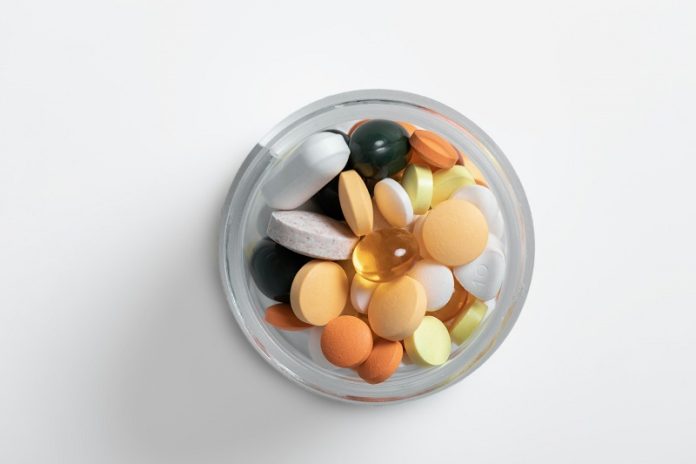
Radiation therapy is a vital treatment for many cancer patients, but it often comes with a significant downside: skin damage.
Prolonged exposure to radiation can cause painful injuries to the skin, increasing the risk of infection and long-term inflammation.
In response to this challenge, researchers have developed an innovative hydrogel infused with aspirin that could accelerate the healing of radiation-damaged skin.
This promising new treatment, reported in ACS Biomaterials Science & Engineering, could one day offer a more effective and rapid solution for managing these painful wounds in humans.
Radiation-induced skin injuries are a common side effect of cancer radiotherapy. Patients often experience symptoms such as redness, pain, ulcers, and in severe cases, necrosis and infection. The options for treating these injuries are limited.
Common methods include debridement, which involves surgically removing the damaged skin, and hyperbaric oxygenation, where patients are exposed to pure oxygen in a pressurized chamber to promote healing.
However, these treatments can be invasive, time-consuming, and not always effective.
Recently, hydrogels have gained attention as a potential solution for treating skin injuries. These gel-like substances can be applied directly to the wound, creating a moist environment that mimics the body’s natural healing conditions.
This is particularly beneficial for skin recovery, as it allows cells to regenerate more effectively. Among the various types of hydrogels, glycopeptide-based hydrogels have shown particular promise.
Their nanofiber structures support cellular growth and help regulate how cells stick together and move, which is crucial for wound healing.
In an effort to enhance the healing properties of these hydrogels, a research team led by Jiamin Zhang, Wei Wang, Yumin Zhang, and Jianfeng Liu proposed adding aspirin—a well-known anti-inflammatory drug—to the mix.
The idea was to create a multifunctional wound dressing that not only promotes healing but also reduces the inflammation and oxidative stress caused by radiation exposure.
The researchers first tested their aspirin-infused hydrogel in laboratory settings using cultured cells. The results were encouraging: the hydrogel effectively reduced the presence of reactive oxygen species, which are harmful molecules that can damage cells.
It also helped repair DNA double-strand breaks, a type of damage that can occur when cells are exposed to radiation. Importantly, the hydrogel reduced inflammation without hindering cellular growth, making it a promising candidate for further development.
The team then moved on to testing the hydrogel in animal models. In experiments with mice that had radiation-induced skin injuries, the hydrogel showed significant benefits.
When applied to the wounds over a three-week period, the hydrogel reduced the severity of acute injuries and sped up the healing process. These results suggest that the aspirin-infused hydrogel could be an effective, easy-to-use treatment for radiation-induced skin damage.
While these findings are still in the early stages, they offer hope for improving the care of cancer patients who suffer from skin injuries due to radiation therapy.
The next steps will likely involve refining the hydrogel and testing it in human clinical trials to ensure its safety and effectiveness.
If successful, this new treatment could become a valuable tool for healthcare providers, offering patients a faster and more comfortable recovery from the damaging effects of radiation therapy.
If you care about heart disease, please read studies that herbal supplements could harm your heart rhythm, and how eating eggs can help reduce heart disease risk.
For more information about heart health, please see recent studies that apple juice could benefit your heart health, and results showing yogurt may help lower the death risks in heart disease.
The research findings can be found in ACS Biomaterials Science & Engineering.
Copyright © 2024 Knowridge Science Report. All rights reserved.



